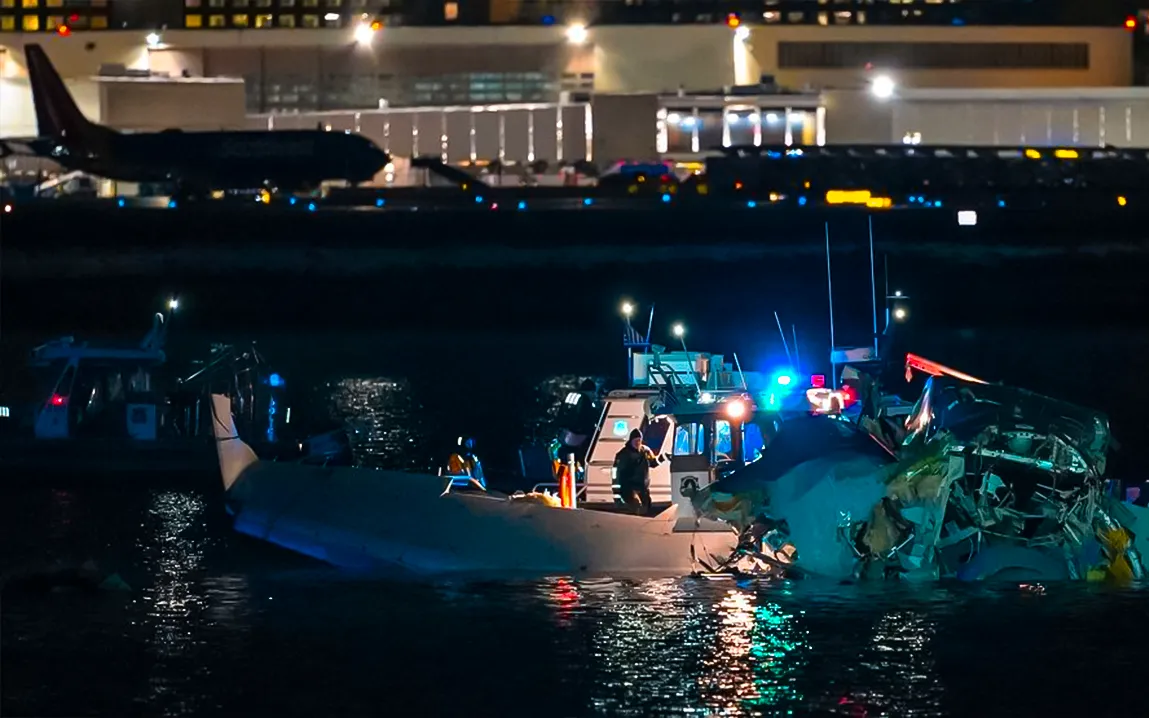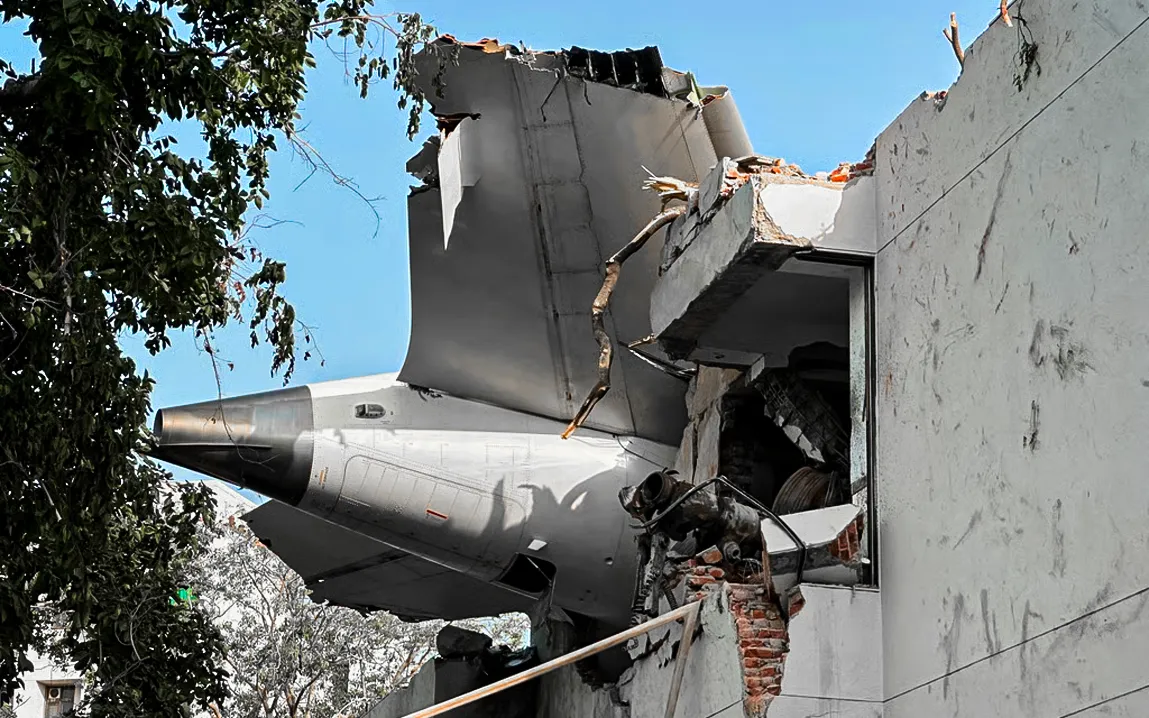The tragic mid-air collision of an American Airlines flight with a U.S. Army Black Hawk helicopter, the first major fatal U.S. plane crash in 16 years, is sending shock waves through the aviation community.
All 67 people on board were killed in the accident, which is sending shockwaves through the world of pilots and flight attendants.
Despite the heartbreak, airline crews are returning to work with renewed commitment to safety. “Whenever tragedy touches one member of our airline family, it impacts us all,” said the Association of Flight Attendants-CWA (AFA-CWA).
Airlines have ramped up mental health support, offering counseling, peer groups, and employee assistance programs to help crew members cope.
We are compartmentalizing experts—our job is to stay focused and ensure safety at all times,” said Captain Laura Einsetler, a commercial airline pilot, emphasizing the resilience of aviation professionals.
Though the tragedy has raised some alarm, air travel remains the safest mode of transportation, according to aviation experts.
“This is an incredibly rare tragedy, but our industry is built on safety and professionalism,” said Dr. Hassan Shahidi, CEO of the Flight Safety Foundation.
Even though the grieving will continue, the unyielding commitment of pilots and crew members ensures that passengers are left in safe hands.



